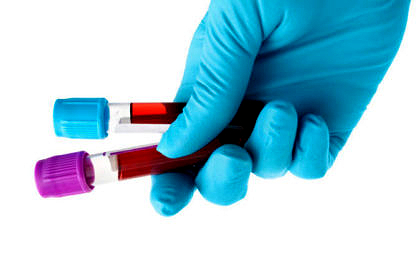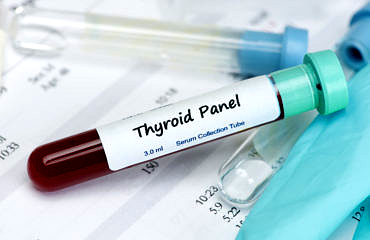Are you getting the right blood tests?

Almost all of the diseases we see today stem from chronic cellular inflammation. One of the primary assessments performed with my patients is that of a comprehensive blood chemistry panel to measure the degree of inflammation. I have this type of testing done during the initial stages of care with new patients to learn about their state of health and source of illness. The blood chemistry analysis will identify particular imbalances and abnormalities. Very few medical doctors will order these types of test and oftentimes will diagnose “in theory” based on the symptoms you provide them.
Most patients are more familiar with the Chem-7 and lipid panel, a basic metabolic panel that most doctors use. It includes Sodium (Na), Potassium (K), Chloride (Cl), Bicarbonate (CO2), Blood Urea Nitrogen (BUN), Creatinine and Glucose; A lipid panel includes Cholesterol, Triglycerides, High-Density Lipoproteins (HDL) and Low-Density Lipoproteins (LDL). (Dr. Datis Kharrazian, ”Functional Blood Chemistry Analysis, Introduction to Blood Chemistry” p.1)
I typically screen for blood sugar, lipid, renal, hepatic, biliary, cardiovascular, immune and hematological (blood) imbalances. In order to obtain a vivid picture of what is really going on in the body and what we can do to fix it, a more comprehensive assessment is necessary, along with a thorough health history and a physical examination.
So why isn’t more comprehensive testing done in doctor’s offices? Let me put it this way. For some time now, there has been a decline in the quality of healthcare in the U.S. in which profit takes priority over comprehensive health examinations. This is largely due to managed health care and HMO programs. The current model used by these programs is more or less a disease management system. Whereas, the comprehensive blood chemistry panel provides early detection and often prevention of disease and illness.
The current practice of medicine is supported by HMO guidelines which exist for the purpose of providing medical services at the least amount of cost to the HMO.
Comprehensive blood testing is considered extraneous under their guidelines and therefore not covered. This is why the use of comprehensive blood testing is non-existent which oftentimes leads to overlooked and/or misdiagnosed illnesses or diseases.



